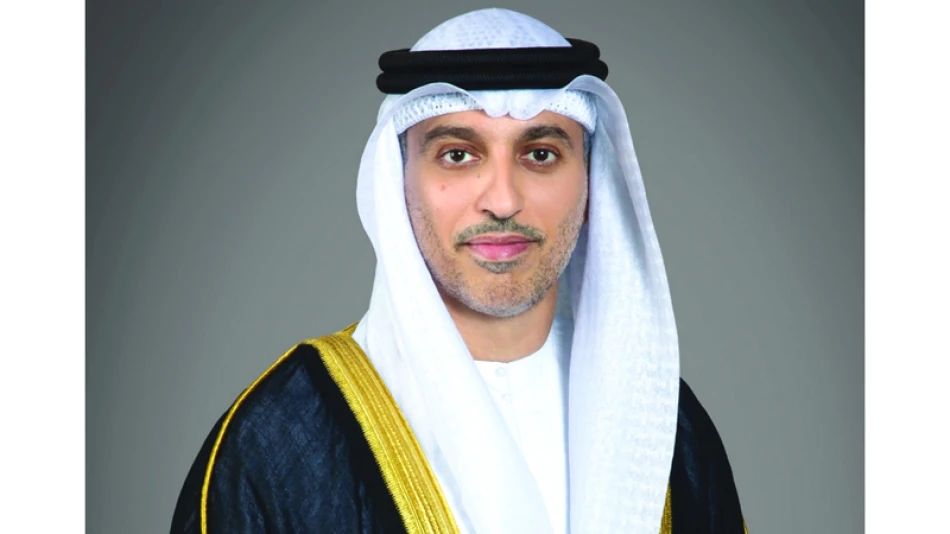
UAE's Technical College Graduates Thrive in Job Market: 85,000 Skilled Professionals Powering the Nation's Economy
UAE Technical Colleges Graduate 4,100 Students in Major Workforce Push
The UAE's Higher Colleges of Technology has launched its 2025 graduation season, celebrating 4,100 graduates across applied bachelor's and professional diploma programs. This represents a striking 40.6% increase from last year's 2,961 graduates, signaling an accelerated push to build a knowledge-based economy and reduce dependence on expatriate talent in critical sectors.
Strategic Workforce Development Takes Center Stage
Under the theme "Ambition Without Limits," this year's graduating class spans vital disciplines including engineering, health sciences, business administration, computer and information sciences, applied media, and education. Dr. Ahmed Belhoul Al Falasi, Minister of Sports and Chairman of the Higher Colleges of Technology, emphasized that these graduates represent a "qualitative addition" to national development efforts.
The graduation surge reflects the UAE's broader Emiratization strategy, which aims to increase local workforce participation in key sectors. With unemployment among UAE nationals remaining a policy concern, this influx of technically trained graduates could help bridge the skills gap in industries traditionally dominated by foreign workers.
Flexible Academic Pathways Drive Growth
A significant portion of this year's graduates—616 students—earned professional diplomas through the colleges' "Flexible Academic Path" system. This innovative approach allows students to choose between applied bachelor's degrees, professional diplomas, or skills-based "Mahara" programs based on their aptitudes and career goals.
Dr. Faisal Al Ayyan, Director of the Higher Colleges of Technology, highlighted that graduates from any pathway can either enter the workforce immediately or continue their academic journey toward a bachelor's degree. This flexibility addresses both immediate market needs and long-term career development, a model similar to Germany's successful dual education system.
Ambitious Expansion Plans Signal Economic Priorities
The colleges are preparing for even more dramatic growth, with projections indicating approximately 7,000 graduates by next year—a 70% jump from current levels. This rapid scaling suggests the UAE government views technical education as crucial for its post-oil economic transformation.
The focus on engineering, health sciences, and computer sciences aligns with the UAE's Vision 2071 goals of becoming a global hub for innovation and technology. These sectors are particularly critical as the country seeks to diversify its economy and compete with regional rivals like Saudi Arabia and Qatar in attracting high-value industries.
Market Implications and Regional Context
This graduation surge comes as Gulf states intensify efforts to develop indigenous talent pools. Saudi Arabia's Vision 2030 similarly emphasizes technical education, while Qatar has invested heavily in research universities. The UAE's approach, emphasizing practical skills and immediate workforce integration, may prove more effective at addressing short-term labor market needs.
For employers, this represents both opportunity and challenge. While the influx of qualified local graduates could reduce recruitment costs and visa dependencies, companies will need to adapt compensation structures and career development programs to attract and retain Emirati talent in competitive markets.
The emphasis on innovation and modern technology integration in curricula suggests these graduates may be better positioned than previous cohorts to contribute to the UAE's digital transformation initiatives, from smart city projects to fintech development.
Most Viewed News

 Sara Khaled
Sara Khaled






